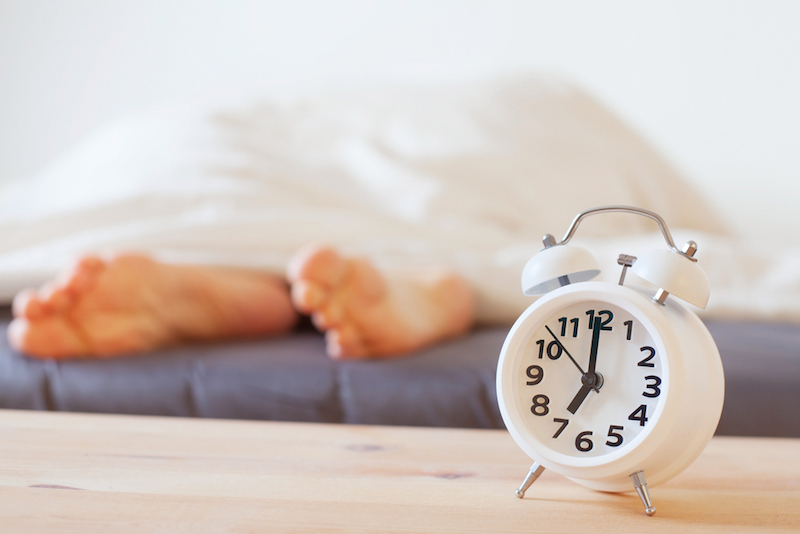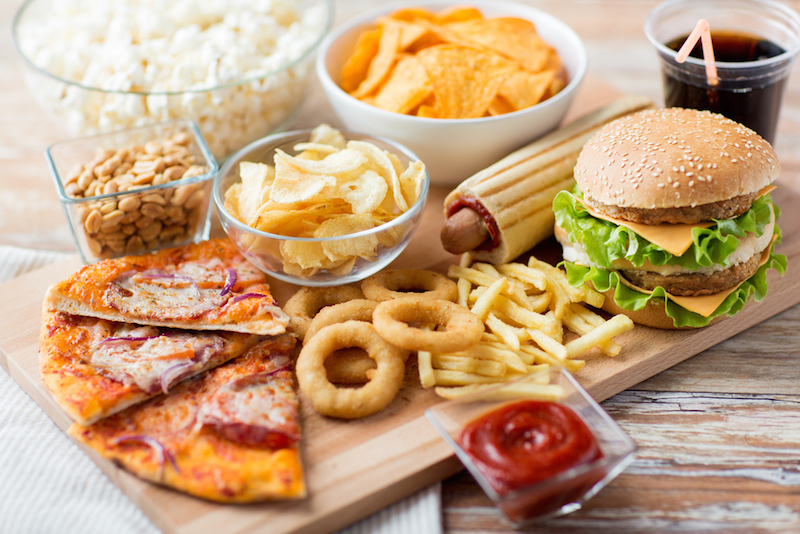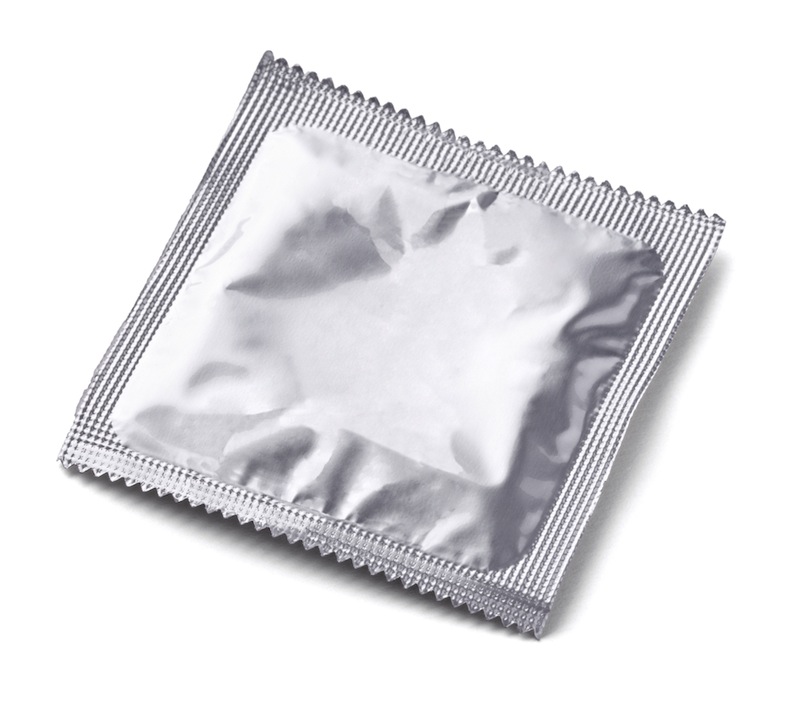5 Ways to Have a Healthier Weekend
Introduction

After a long and busy workweek, it may be tempting to let your healthy habits slide on the weekend. But studies show that changes in lifestyle behaviors over the weekend can lead to worse sleep and weight gain. So don't let the weekend ruin your New Year's health resolutions — here are five ways to have a healthier weekend.
Don't sleep in

On a Saturday morning, you may want nothing more than to lie in bed for a few extra hours. But this may not be the best move if you want to improve your sleep overall.
Sleeping in on the weekends can throw off your body's internal clock, or circadian rhythm, according to the National Sleep Foundation. This could make it harder for you to fall asleep at your usual bedtime, and get up at your usual time once the workweek starts again. That's why it's best to keep your bedtime and wake-up time consistent, and to vary your sleep schedule by no more than an hour on weekends, the NSF says.
Exercise, at least once

If your weekdays are too busy for exercise, there's good news — you can make up for it on weekends, and still gain health benefits similar to those of people who go to the gym every day, according to a recent study.
In the study, researchers examined so-called "weekend warriors," who cram a week's worth of exercise into just one or two sessions a week.
The researchers found that weekend warriors who met physical activity guidelines were 30 percent less likely to die from any cause during the nine-year study period, compared with people who didn't get any exercise. (Physical-activity guidelines recommend that people get at least 150 minutes of moderate-intensity activity, or 75 minutes of vigorous activity, per week.)
Even the people who didn't meet physical-activity guidelines, but who did exercise one or two days a week, had a lower risk of early death than people who didn't exercise.
Socialize

Meeting with friends on the weekend may be good for your health, and help your job performance during the workweek, according to the results of a 2005 study conducted by psychologists in Germany.
In that study, the researchers surveyed 87 employees of an emergency medical services company, who helped treat people during emergencies (such as car accidents) and transport them to the hospital. The participants answered various questions about their weekend activities, their health and their job performance after the weekend.
Results showed that the people who engaged in more social activities during the weekend reported better overall health after the weekend, compared with those who engaged in less social activity. Social activity over the weekend was also linked with more engagement at work, and better job performance, at the start of the workweek.
"It appears as if spending time with important others rebuilds [physical and emotional] resources that pay off after the weekend," the researchers wrote. "These findings support research indicating that spending time with other people can be one way of recovering from work demands," they said.
Watch your calories

Several studies have found that Americans eat more on the weekends, and that this weekend indulgence may contribute to weight gain.
In a 2008 study, 50 U.S. adults weighed themselves every day for two to four weeks, and then continued to weigh themselves periodically over the course of a year while they attempted a weight-loss program. They also kept track of the food they ate, so the researchers could estimate their calorie intake.
The study found that, before they started the weight-loss program, the participants' food intake was highest on Saturdays — they consumed about 240 calories more on Saturdays, compared with an average workday. What's more, the data from their weigh-ins showed that they gained a small amount of weight over the weekend. On average, they weighed 0.13 pounds (0.06 kilograms) more per day over the weekend, than they did on weekdays. And during their weight-loss program, participants stopped losing weight on the weekends.
"Our results demonstrate the adverse effect of weekend lifestyle behaviors on daily body weight, and indicate that higher dietary intake on weekends is the greatest contributor to weekend weight gain or cessation of weight loss," the researchers wrote.
Another study, published in 2003, found that the average American consumed 82 more calories per day on the weekend (Friday to Sunday) than during the workweek (Monday through Thursday). The people who were ages 19 to 50 showed the biggest increase, consuming an average of 115 more calories per day on weekends than during the workweek.
Use protection

At least one study has suggested that people are more likely to engage in unprotected sex during the weekend, thus increasing their risk of contracting a sexually transmitted disease.
In a 2011 study conducted over a two-month period, researchers from Denmark analyzed visits to a Danish website providing information on STD testing. They found that, even though the website was available 24 hours a day, every day, visits to the site almost always peaked on Mondays. (The only exception was a week in which the Monday was a holiday, and then the traffic to the website peaked on Tuesday.)
The researchers said they suspect the phenomenon is due to people suddenly worrying about contracting an STD after a particularly lustful weekend. People may have unprotected sex more frequently on Fridays and Saturdays, they said.
Sign up for the Live Science daily newsletter now
Get the world’s most fascinating discoveries delivered straight to your inbox.

Rachael is a Live Science contributor, and was a former channel editor and senior writer for Live Science between 2010 and 2022. She has a master's degree in journalism from New York University's Science, Health and Environmental Reporting Program. She also holds a B.S. in molecular biology and an M.S. in biology from the University of California, San Diego. Her work has appeared in Scienceline, The Washington Post and Scientific American.










